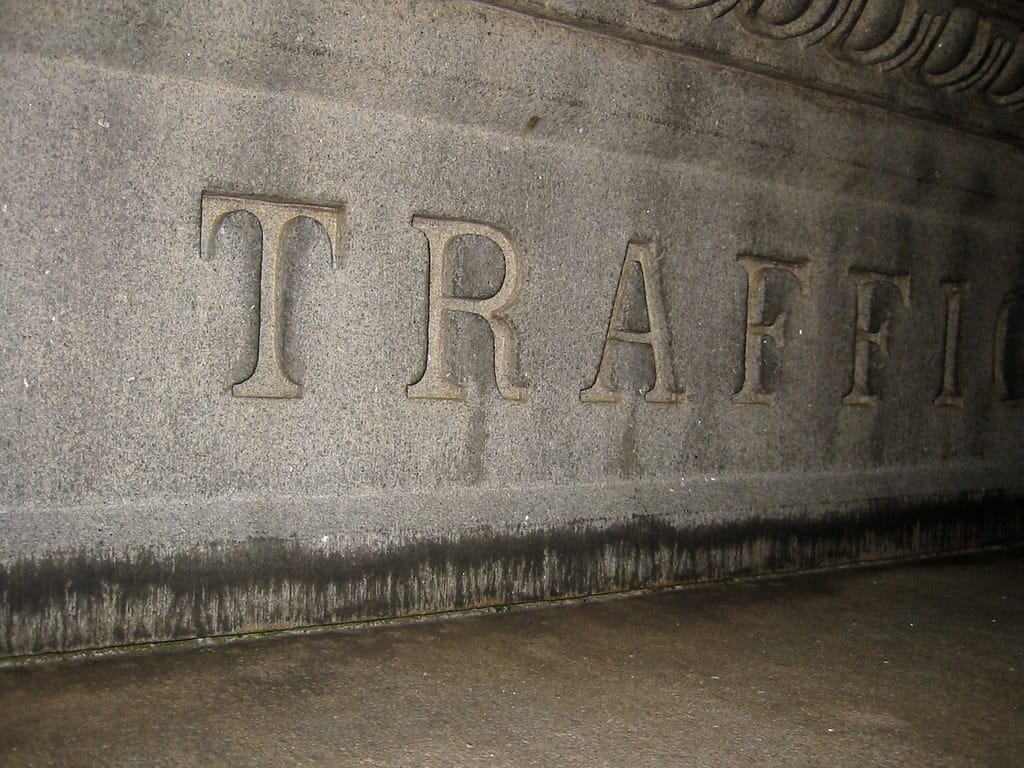Boring Company Set to Revolutionize Nashville Traffic with Underground Tesla Tunnels
Nashville's notorious traffic congestion could soon become a thing of the past as Elon Musk's Boring Company announces plans to construct an extensive underground tunnel network beneath Music City. The ambitious infrastructure project promises to transform how residents and visitors navigate Tennessee's bustling capital, potentially reducing commute times by up to 75% while showcasing cutting-edge transportation technology.
A Bold Solution to Nashville's Growing Pains
Nashville has experienced explosive growth over the past decade, with the metropolitan area's population swelling by nearly 20% since 2010. This rapid expansion has created a perfect storm of traffic nightmares, with commuters regularly facing hour-long delays on major arteries like I-40 and I-65. The city's infrastructure simply hasn't kept pace with its booming economy and population growth.
The Boring Company's proposal addresses this challenge head-on with a network of underground tunnels designed specifically for Tesla vehicles and other electric cars. Unlike traditional subway systems, these tunnels will accommodate individual vehicles traveling at speeds up to 150 mph through a series of electric sleds or autonomous driving systems.
The Technology Behind the Tunnels
The tunnel system utilizes Boring Company's proprietary tunnel boring machines (TBMs), which can dig at speeds up to 15 times faster than conventional methods. These machines create 12-foot diameter tunnels lined with concrete segments, providing a smooth, weather-resistant transportation corridor beneath the city's surface.
Key features of the Nashville tunnel network include:
- Multiple entry and exit points strategically located throughout the metropolitan area
- Fully electric propulsion systems eliminating exhaust and reducing environmental impact
- Autonomous vehicle compatibility ensuring safe, efficient traffic flow
- Emergency safety systems including ventilation, lighting, and evacuation protocols
Economic Impact and Timeline
The project represents a significant investment in Nashville's infrastructure, with preliminary estimates suggesting a $2.8 billion construction cost. However, economic analysts project the long-term benefits could exceed $8 billion in reduced traffic costs, increased productivity, and enhanced property values.
Construction is expected to begin in late 2024, with the first phase connecting downtown Nashville to Nashville International Airport scheduled for completion by 2027. Subsequent phases will extend the network to key destinations including:
- Vanderbilt University and Medical Center
- The Gulch entertainment district
- Franklin and Brentwood suburban areas
- Nissan Stadium and the Music City Center
Local officials estimate the project will create over 3,000 construction jobs and 500 permanent positions for tunnel operations and maintenance.
Addressing Skeptics and Challenges
Despite the excitement surrounding the announcement, the project faces several hurdles. Environmental groups have raised concerns about potential impacts on Nashville's limestone geology and underground water systems. The Boring Company has committed to comprehensive environmental impact studies and promises to work closely with local geological experts.
Transportation experts also question whether the tunnel system can handle Nashville's peak traffic volumes. The company's previous projects in Las Vegas and Chicago have shown promising results, with the Vegas loop system successfully transporting over 1 million passengers in its first year of operation.
Critics point to cost overruns and delays in similar projects, but Boring Company executives emphasize lessons learned from previous installations and improved construction techniques.
Looking Toward the Future
The Nashville tunnel project represents more than just a transportation upgrade—it's a glimpse into the future of urban mobility. As cities worldwide grapple with traffic congestion and environmental concerns, underground electric vehicle networks offer a compelling solution that preserves surface space while dramatically improving transportation efficiency.
If successful, Nashville could become a model for other major metropolitan areas considering similar infrastructure investments. The project aligns perfectly with Tennessee's growing reputation as a hub for automotive innovation, already home to Nissan's North American headquarters and numerous electric vehicle manufacturing facilities.
The Bottom Line
The Boring Company's Nashville tunnel project promises to transform one of America's fastest-growing cities into a showcase for next-generation transportation technology. While challenges remain, the potential benefits—reduced congestion, environmental improvements, and economic growth—make this one of the most significant infrastructure developments in the Southeast.
As Nashville continues its rapid evolution from country music capital to major metropolitan center, this underground revolution could provide the transportation backbone needed to sustain its remarkable growth trajectory well into the future.
